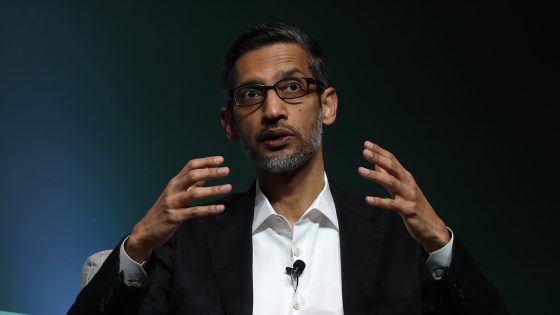(Repeats story with no change to text)
PARIS, May 3 (Reuters) – French government efforts to slow an influx of Chinese-made electric vehicles are bearing fruit, industry data show, highlighting one of the most sensitive trade issues when China’s president visits next week.
A surge in imports of Chinese electric cars into Europe has triggered EU tariff threats, which are expected to be a bone of contention when President Emmanuel Macron hosts his Chinese counterpart for a state visit on Monday.
France did not wait for a European Union decision on implementing tariffs, instead redesigning its cash bonus scheme in December to exclude the purchase of models made in China, which had rapidly gained market share.
In the months ahead of the move, the three most popular Chinese-made cars sold in France – the Dacia Spring (Renault ), Tesla’s Model 3 and SAIC’s MG4 – accounted for 22% of the market, according to Reuters calculations using data from the companies and industry body AAA Data.
Their share then surged to 32% in December ahead of the new eligibility rules that require vehicles to meet criteria covering how much carbon is emitted during the manufacturing process and transport to market, favouring vehicles made in Europe.
The three models’ share of the market has since steadily declined to just 4% in April, a drop hailed by Finance Minister Bruno Le Maire as a sign the more restrictive eligibility rules are working.
“It’s proof that when we defend our interests and the environment, we get results for our industry, factories and jobs,” Le Maire said at the end of March during a visit to a Renault factory.
The French government has been eager to give domestic carmakers time to come out with their own EV models and catch up with Chinese makers that moved early to build up huge production capacity.
However experts said the change to measures would only offer a temporary boost to domestic brands.
“I do not think that made-in-China will remain this low because Chinese manufacturers have the means to adapt with competitive prices, despite the absence of bonuses,” said Flavien Neuvy, economist and director of the Observatoire Cetelem, a French think tank.
(Reporting by Gilles Guillaume, writing by Leigh Thomas; Editing by Kirsten Donovan and Philippa Fletcher)
Source Agencies



